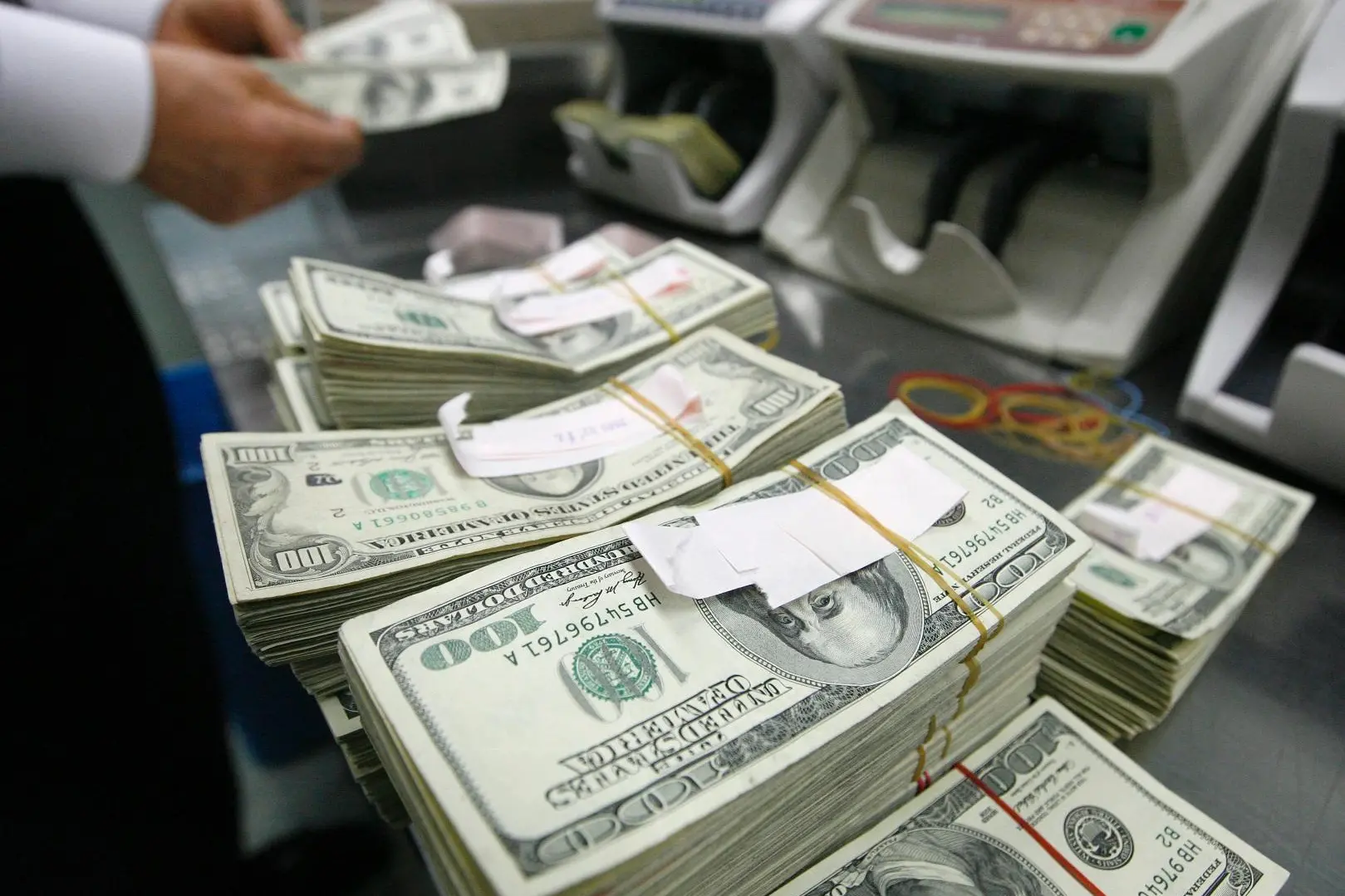PHOTO
LONDON- The dollar neared a seven-week low against a basket of other currencies on Wednesday, while commodity currencies advanced on relief that the latest round of tariffs announced by China and the United States were not as harsh as the market expected.
The greenback has gained nearly 6 percent since concerns of trade wars shot into the spotlight as markets bet that a strong U.S. economy and safe-haven demand for the greenback would push the dollar higher.
But price action this week suggested that investors are growing cautious of pushing the dollar higher after recent data such as U.S. inflation last week have indicated some softness.
Against a basket of other currencies , the dollar drifted 0.1 percent down to a low of 94.317, just above a two-month low of 94.308 hit in the previous session.
"Positions are being adjusted, and unless we see a comeback of those factors that have pushed the dollar higher earlier this year, markets will settle around these levels," said Jane Foley, a senior currency strategist at Rabobank in London.
While long dollar positions have dropped slightly last week, they still remain near one-year highs, according to the latest positioning data.
Though risk appetite was broadly buoyant, the euro struggled to advance above the $1.17 line as a rise in Italian bond yields on budget concerns prompted investors to trade broad market ranges.
Italy's populist ruling coalition again called on Economy Minister Giovanni Tria to allow for greater deficit spending in next year's budget.
TRADE WARS
Risk appetite held up across markets. Emerging-market currencies firmed, led by the Indian rupee after China said it won't retaliate with competitive currency devaluations.
"The main reason the dollar hasn't jumped after the latest measures is that this was widely expected, and the final amount of tariffs in the region of 5-10 percent is lower than what markets had feared," said Richard Falkhenhall, a senior FX strategist at SEB in Stockholm.
China and the United States plunged deeper into a trade war after President Donald Trump levied tariffs on $200 billion worth of Chinese goods. Beijing retaliated with duties on about $60 billion worth of U.S. goods.
But Washington's new duties were set at 10 percent for now, before rising to 25 percent by the end of 2018, rather than an outright 25 percent.
Against the yen, the dollar rose to its highest since July 20 at 112.42 yen after the Bank of Japan left interest rates unchanged and reiterated its desire to boost consumer inflation to 2 percent.
Commodity-linked currencies extended their gains, with the Australian dollar AUD=D3 rising to its highest in more than three weeks at $0.7255.
The renminbi gained for a third day, while stocks finished in the black after Premier Li Keqiang said Beijing will not engage in competitive currency devaluations.
Sterling held firm on hopes about progress towards a Brexit deal ahead of an informal European Union summit in Salzburg on Wednesday and Thursday and after UK inflation data rose.
The pound hit a high of $1.3175, its highest level in almost eight weeks and last stood flat at $1.3169 . It hit a seven-week high of 0.8865 pound per euro.
(Reporting by Saikat Chatterjee; Editing by Hugh Lawson) ((saikat.chatterjee@thomsonreuters.com; +44-20-7542-1713; Reuters Messaging: saikat.chatterjee.reuters.com@reuters.net))





















